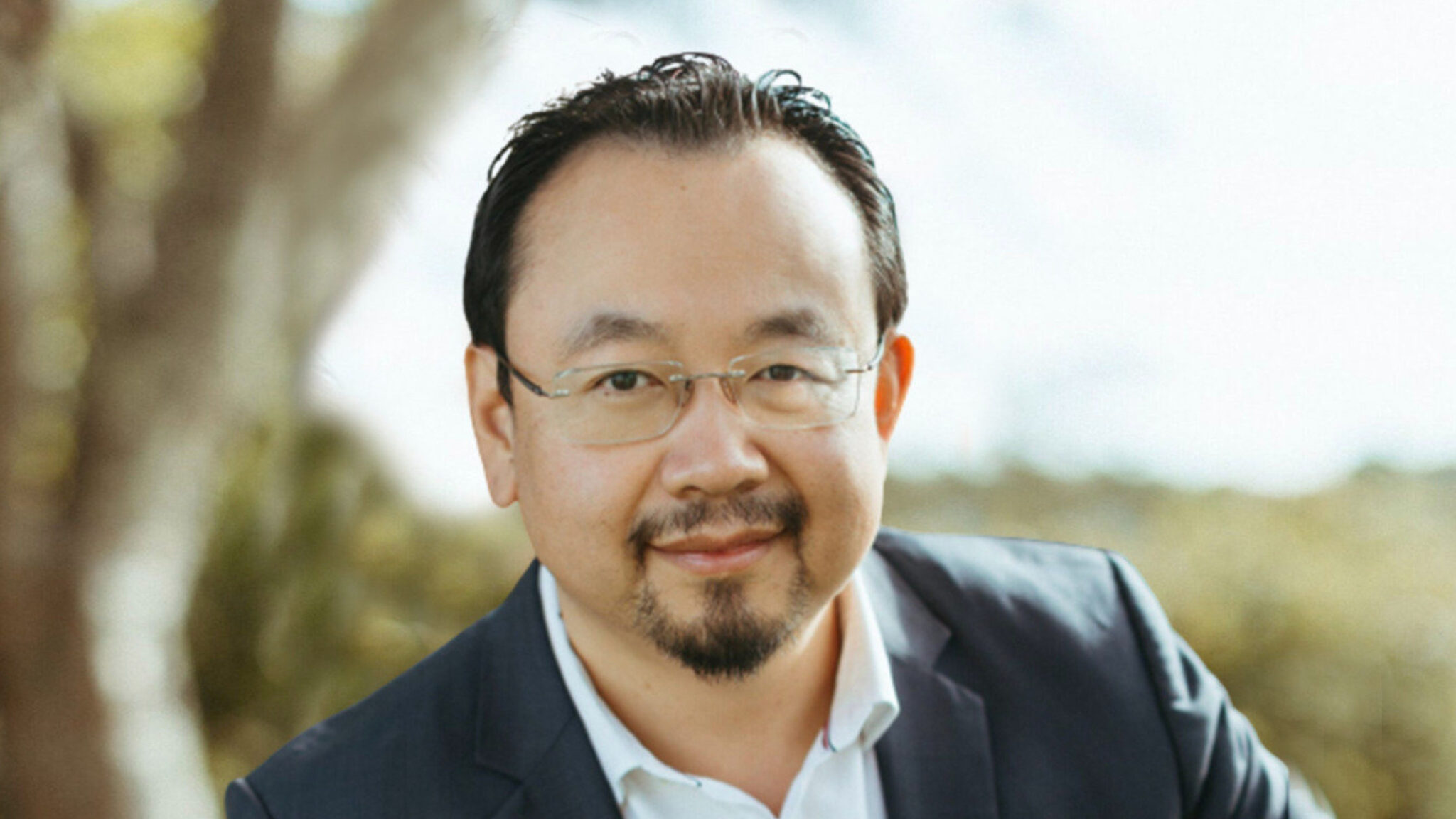
Zhen Su, Marengo Therapeutics CEO
Ipsen jumps into the TCR space, teaming with startup helmed by former Merck KGaA cancer chief
Ipsen is continuing its dealmaking ways to kick off the new month, shelling out a handsome $45 million upfront to a TCR upstart Monday morning …
Sign up to read this article for free.
Get free access to a limited number of articles, plus choose newsletters to get straight to your inbox.